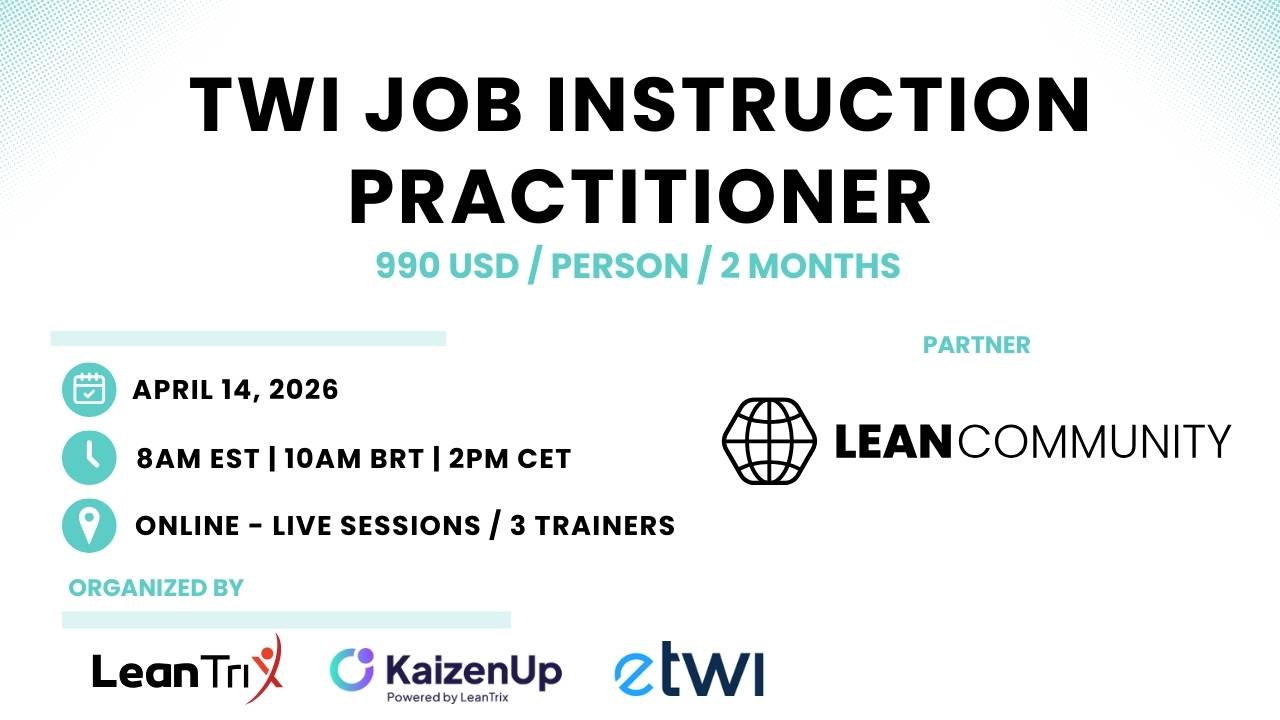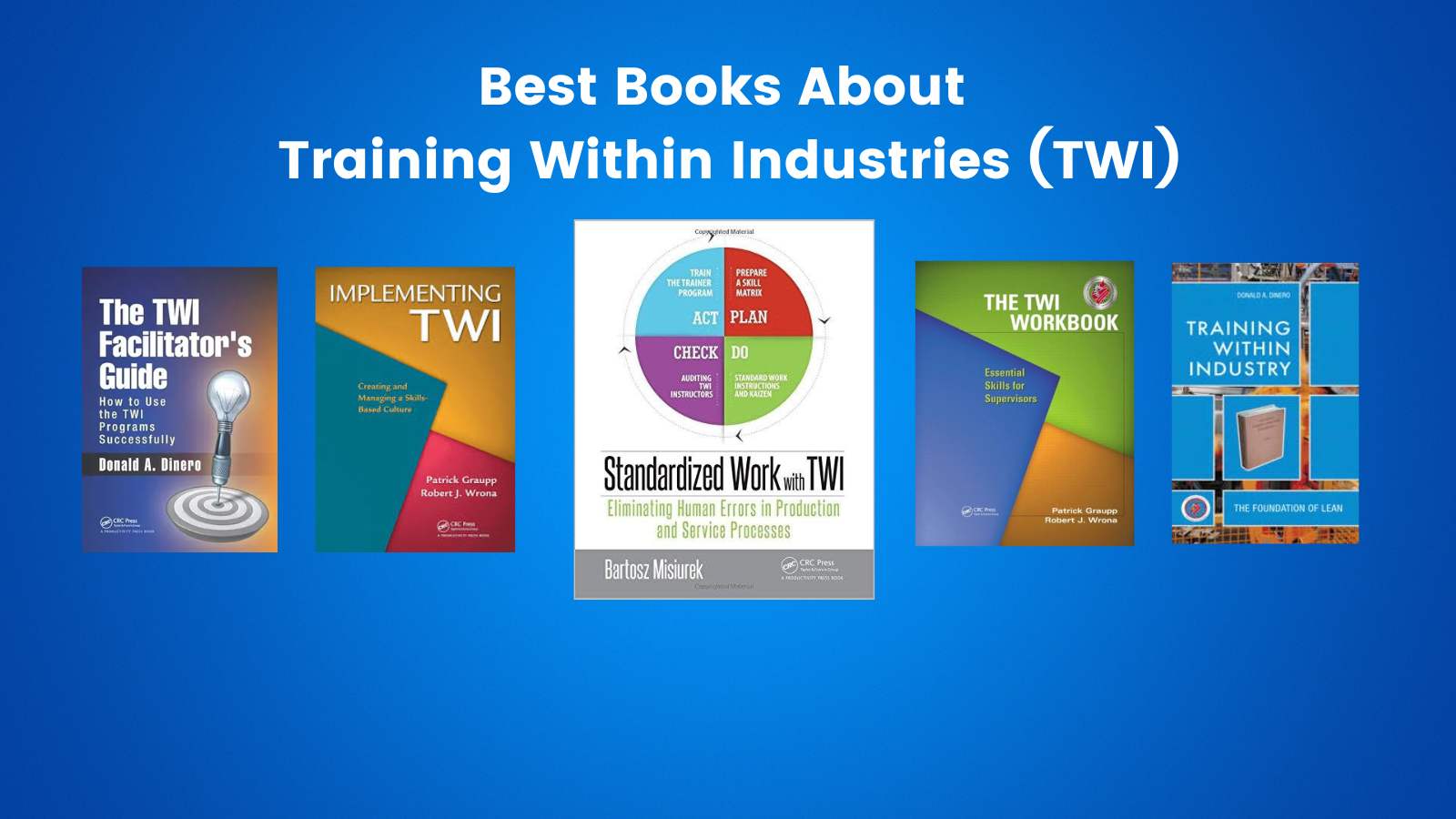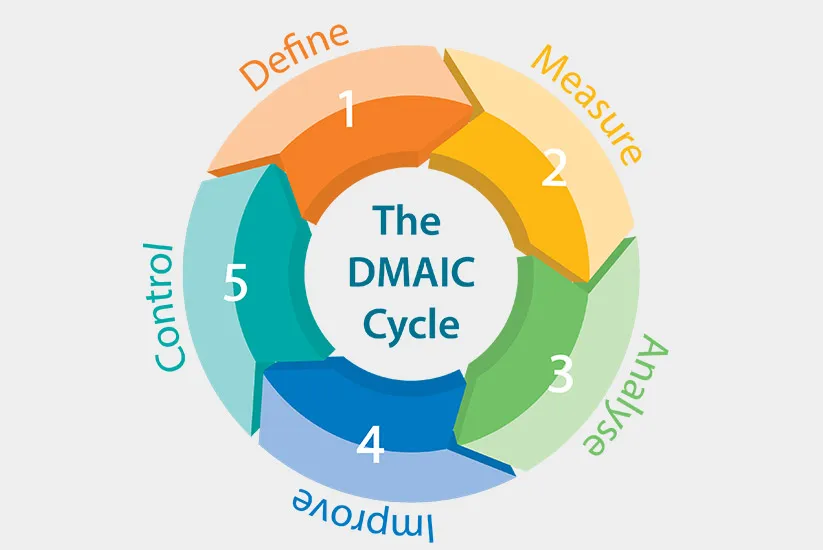Emotions – impact and management. Emotions play a key role in our daily lives, influencing how we communicate, build relationships, and make decisions. Understanding how emotions affect our behaviors and cognitive processes is essential for a fuller and healthier life.
Table of Contents
ToggleRecognizing Emotions and Its Importance
The ability to recognize emotions (both in oneself and others) is important not only in communication processes, building relationships, but also in the context of critical thinking. Professor Andrzej Dąbrowski discusses how emotions affect cognitive processes in the publication “The Impact of Emotions on Cognition.” I encourage you to enjoy this read. However, it is worth training to keep emotions in check. For example:
- When trying to prove our point to someone, let’s consider whether we have evidence, and if not, try to determine why we do it despite the lack of basis. It’s also worth considering what reactions accompany these discussions, write them down on paper, and analyze.
- When browsing information on the Internet, try not to react spontaneously to headlines, and if we do, read the article critically from start to finish to minimize the risk of embedded manipulated information in our head – also consider how this information has affected your life.
- In relationships with others, monitor our emotional reactions to specific events. If during a conversation, for example with a partner, we hear something unpleasant, irritating, etc., let’s restrain our spontaneous reactions of resentment or anger. Give ourselves some time to think about the situation (consider the reasons for our reaction, understand the motivations of the interlocutor) and look for a rational solution.
The Importance of Emotional Self-Awareness
Emotions – impact and management. Developing the skills to recognize and control our own reactions is not only beneficial for ourselves but also for people around us. Working on emotional self-awareness allows for more conscious and healthy relationships, as well as better handling of difficult situations. Learning how to manage reactions can lead to a more satisfying and peaceful life.
Dr. Iwona Burka holds a Ph.D. in Economics and has carved a distinguished career as a business trainer, researcher, adviser, and university lecturer. Celebrated for her contribution to various papers on management systems, she's also co-authored the seminal book, "Lean Service in theory and practice". With years immersed in the real-world implementation of management systems, Dr. Burka excels at simplifying complexities and excess. She fervently champions the optimization of organizational processes using the Lean approach combined with the Kaizen philosophy.







